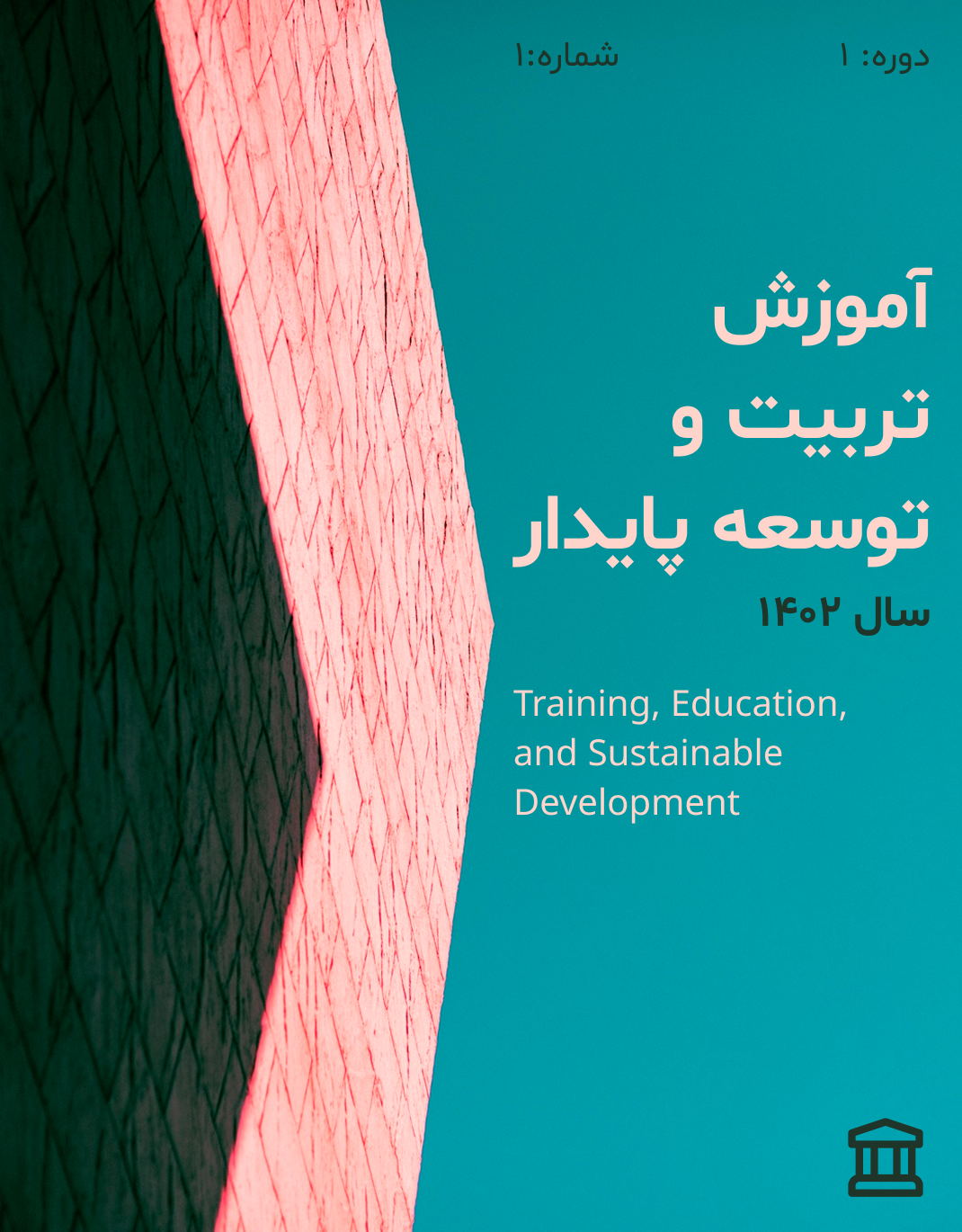Content Analysis of Teachers’ Experiences in Implementing Environmental Education in Primary Schools
Keywords:
Environmental education, primary school teachers, content analysis, educational barriers, teaching strategies, TehranAbstract
This study aimed to conduct a content analysis of primary school teachers’ experiences in implementing environmental education in Tehran schools. A qualitative study with a conventional content analysis approach was conducted. Data were collected through semi-structured interviews with 26 primary school teachers in Tehran. Purposeful sampling continued until theoretical saturation was reached. Data analysis was performed using NVivo software. Three main categories emerged: barriers to implementing environmental education (including lack of educational resources, organizational support, time constraints, student resistance, and limited teacher expertise), strategies employed by teachers (practical activities, interactive methods, curriculum integration, family and community involvement, use of educational technology, and student motivation), and perceived outcomes (enhanced environmental awareness, behavioral changes in students, positive impact on school climate, increased learning interest, and internalization of ethical values). Despite structural and content-related barriers, teachers have effectively implemented environmental education in primary classrooms by employing creative and integrative methods. The study highlights the necessity of institutional support, specialized teacher training, and provision of localized educational resources.
Downloads
References
Abbaszadeh, A., Shobeiri, S. M., & Yavari, M. (2019). The evaluation of environmental education in Iranian elementary textbooks. Journal of Environmental Education Research, 21(3), 245–261.
Esmaeili, M., Sheibani, H., & Ghasemi, H. (2020). Teachers’ knowledge and attitudes towards environmental education in primary schools in Iran. Iranian Journal of Environmental Education, 11(2), 77–94.
Ferreira, J., Ryan, L., & Tilbury, D. (2007). Mainstreaming education for sustainable development in initial teacher education in Australia: A review of existing professional development models. Journal of Education for Teaching, 33(2), 225–239.
Gough, A. (2018). Teachers as researchers in environmental education: Some thoughts about purpose and practice. Environmental Education Research, 24(9), 1260–1274.
Krasny, M. E., & Dillon, J. (2013). Trading zones in environmental education: Creating transdisciplinary dialogue. Environmental Education Research, 19(5), 593–612.
Mogias, A., Koutsouki, D., & Tsourti, E. (2022). Barriers to environmental education integration in elementary curricula: Teachers’ perceptions and challenges. International Journal of Educational Research Open, 3(1), 100112.
Moradi, S., & Sharifzadeh, H. (2021). An analysis of the challenges of implementing environmental education in Iranian schools. Iranian Journal of Environmental Studies, 12(4), 115–132.
Palmer, J. A. (2003). Development of concern for the environment and formative experiences of educators. The Journal of Environmental Education, 24(3), 26–30.
Rickinson, M., Lundholm, C., & Heimlich, J. (2004). Environmental learning: Insights from research into the student experience. Springer.
Stevenson, R. B., Brody, M., Dillon, J., & Wals, A. E. J. (2013). International handbook of research on environmental education. Routledge.
Tilbury, D. (1995). Environmental education for sustainability: Defining the new focus of environmental education in the 1990s. Environmental Education Research, 1(2), 195–212.
UNESCO. (2017). Education for Sustainable Development Goals: Learning Objectives. Paris: UNESCO Publishing.
UNESCO. (2021). Learn for Our Planet: A Global Review of How Environmental Issues Are Integrated in Education. Paris: UNESCO.
Downloads
Published
Submitted
Revised
Accepted
Issue
Section
License

This work is licensed under a Creative Commons Attribution-NonCommercial 4.0 International License.


